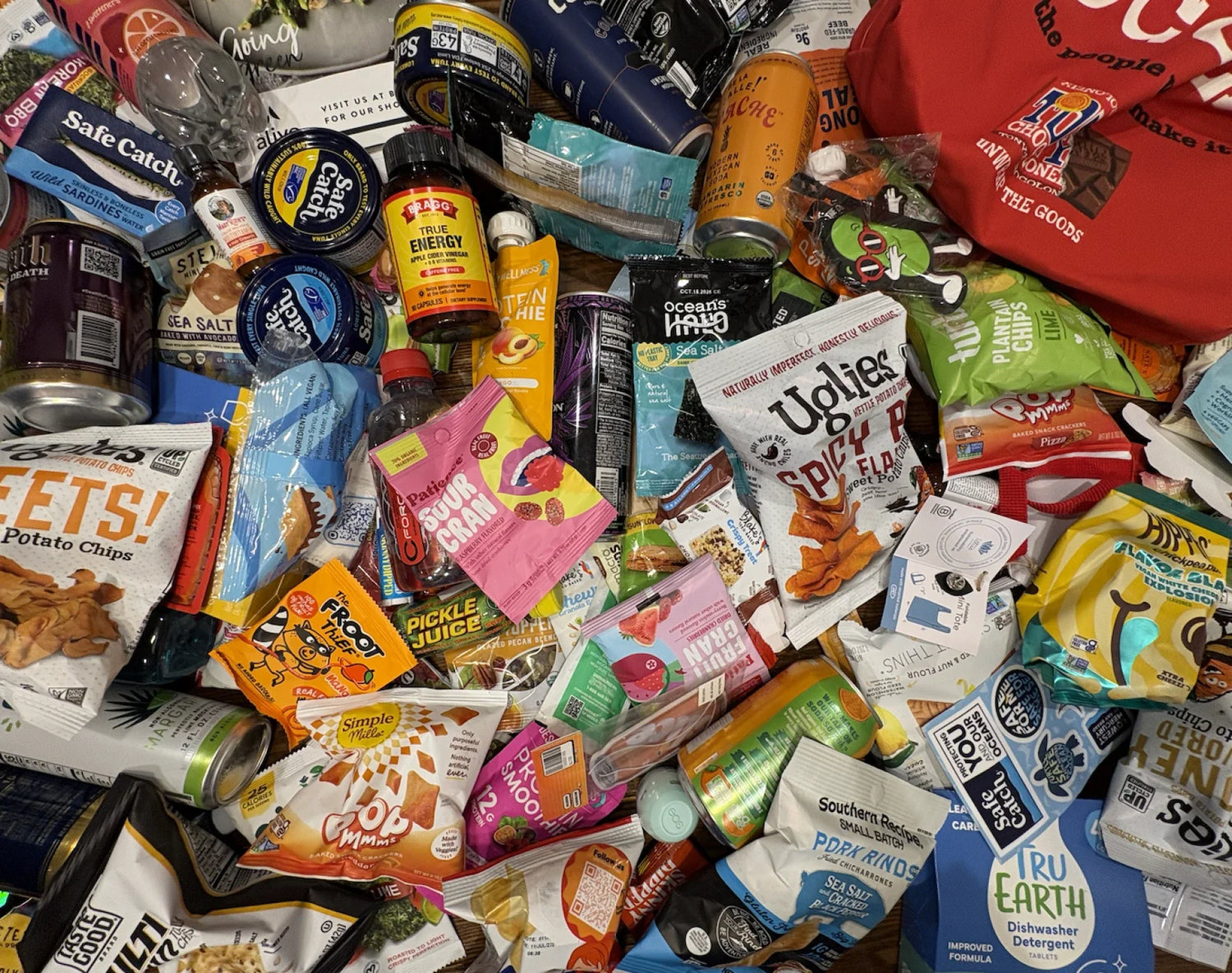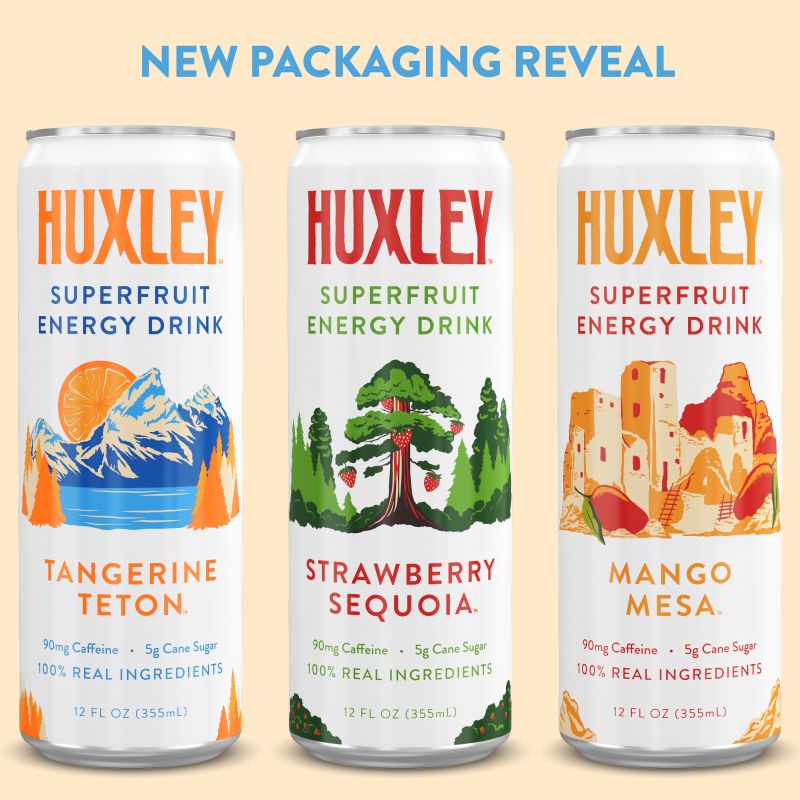In the bustling aisles of any supermarket, the gleaming rows of energy drinks present a modern-day conundrum: the promise of instant vitality often comes at the cost of excessive sugar. As we navigate the realm of energy beverages in 2024, a trend is emerging that emphasizes moderation and health-consciousness.
One of the best-selling energy drinks boasts a staggering 54 grams of sugar — equivalent to 13.5 teaspoons. Such high levels of added sugar aren't just a concern; they're a health hazard. Excessive sugar intake is linked to an array of health issues, from obesity and diabetes to heart disease. It's no wonder that consumers are increasingly wary of these sugary concoctions.
However, the pendulum of consumer preference is swinging towards the other extreme. The market now teems with energy drinks proudly advertising '0g sugar.' But as with most things that seem too good to be true, there's a catch. These sugar-free alternatives often rely on sugar alcohols or artificial sweeteners, which, while lowering calorie count, bring their own set of concerns.
what are sugar alcohols?
Sugar alcohols, despite their name, are neither sugars nor alcohols. They are a type of carbohydrate known as polyols, often found naturally in fruits and vegetables but also commercially produced. Common sugar alcohols include sorbitol, xylitol, lactitol, mannitol, erythritol, and maltitol. They are typically less sweet than sugar and have fewer calories per gram, making them a popular sugar substitute in a variety of products.
Commercially, sugar alcohols are produced through a hydrogenation process, where the sugar's carbonyl group (aldehyde or ketone group) is converted into a primary or secondary hydroxyl group, hence the name "sugar alcohol." This process alters the structure of the sugar molecules, making them less digestible and lower in calories.
how the body processes sugar alcohols
Unlike regular sugar, sugar alcohols are not fully absorbed by the body. They travel to the large intestine where they are metabolized differently than sugar. This partial absorption is responsible for their lower caloric value. However, it's also the reason they can cause gastrointestinal distress. Because they are not completely absorbed, they can ferment in the intestines, leading to gas, bloating, and diarrhea, especially when consumed in large quantities.
Harvard Medical School published an article on December 18, 2023, delving into the pros and cons of sugar alcohols. The piece highlights that while sugar alcohols offer a lower-calorie alternative to sugar and don't spike blood sugar and insulin levels dramatically, they can cause significant gastrointestinal issues when consumed in large amounts.
Long-term health risks of sugar alcohols are still under investigation. A 2023 observational study linked erythritol, a common sugar alcohol, with increased cardiovascular disease events. These findings, while not definitive, suggest that the story of sugar alcohols is far from straightforward.
This brings us to the bold prediction for the future of beverage sweeteners. As we continue to research and understand these sugar substitutes, I suspect that we might soon view them with the same skepticism currently reserved for high fructose corn syrup and aspartame. What was once heralded as a healthier alternative might soon become the next ingredient to avoid.
back to basics: organic cane sugar
At Huxley, we've decided to take a different path with our new energy drink. We believe in the power of moderation and transparency. Our beverage includes a modest amount of organic cane sugar, recognizing that while sugar in excess is harmful, a small amount can provide necessary energy and flavor without the negative health impacts of overconsumption or artificial substitutes.
In the broader context, the conversation about sugar and its alternatives is part of a larger discourse on the future of food and beverage consumption. As we delve deeper into understanding our bodies and the impact of what we consume, the narrative is shifting from merely seeking out low-calorie options to finding truly healthful and nourishing choices. It's a conversation that's evolving as we learn more, and it's a space where innovation is not just welcome but necessary.
In 2024 and beyond, the trend in energy drinks and broader dietary choices will lean towards moderation and natural ingredients. Consumers are becoming more educated and discerning, seeking products that align with their health values and lifestyle needs. As we launch our new energy drink in March 2024, we're not just offering a product; we're advocating for a balanced approach to energy and nutrition. We hope to lead by example, showing that the path to vitality doesn't have to be laden with sugar or artificial ingredients. Instead, it can be a journey marked by mindful choices, respect for our bodies, and a deep-seated commitment to health and well-being.





